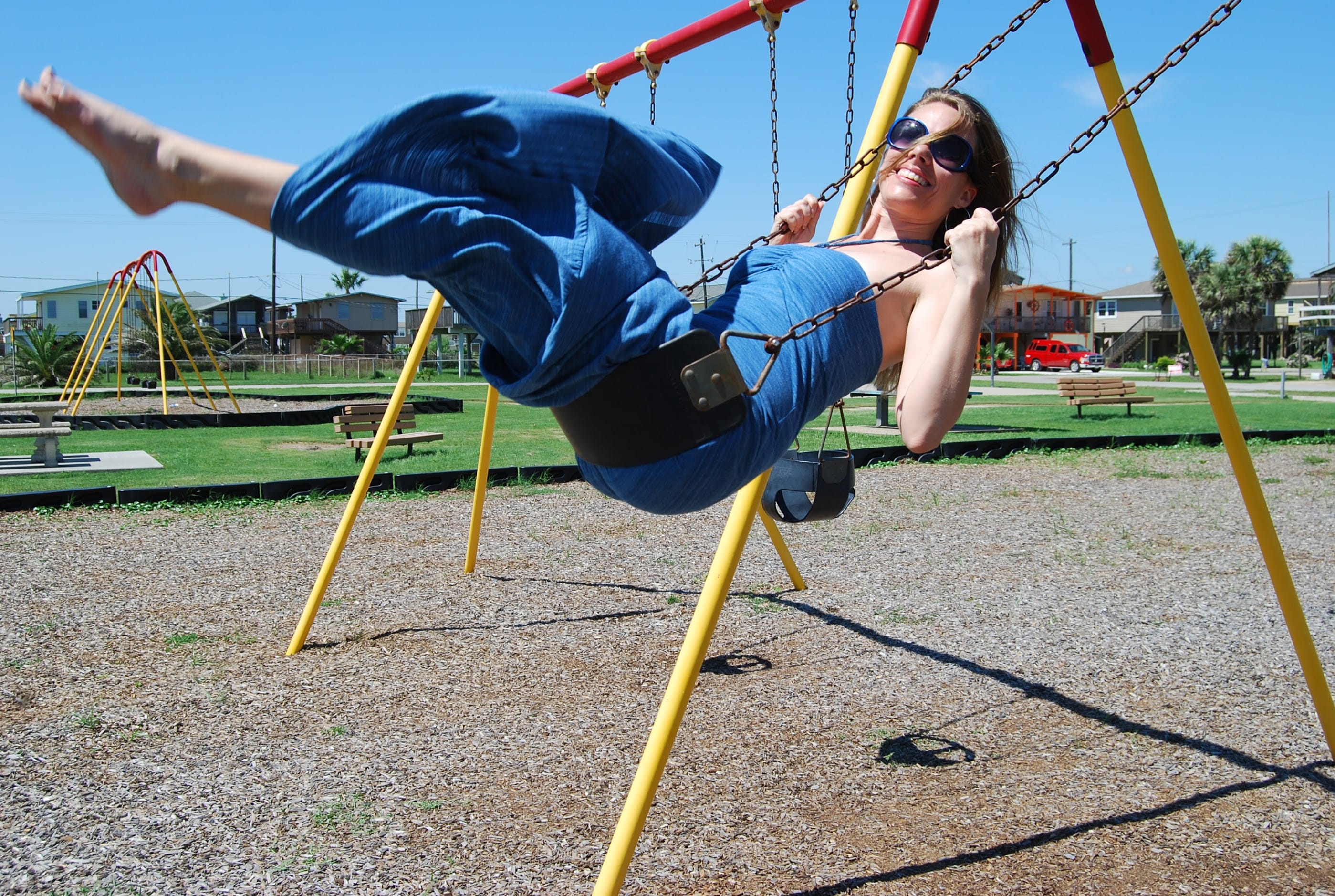I’ve always wanted to help.
I’ve known since an early age that I wanted to get a PhD. When people would ask me what I wanted to do when I grew up, I gave 4 answers:
- Play baseball in Wrigley Field
- Become Han Solo’s sidekick on the Millennium Falcon (Sorry, Chewbacca)
- Work in a grocery store (check)
- Get a PhD in something that could help people
That something evolved over the years and led me to change my major 9 times in college before finally settling on a double undergraduate major in psychology and English. I eventually chose a PhD in Human Development and Family Studies, which allowed me to combine everything I loved. I studied people’s narratives–their stories– and examined the patterns in their lives. What emerged from those patterns was the theme of resilience, which emerges from connectedness, self-reflection, and self-awareness.
Resilience emerges from connectedness, self-reflection, and self-awareness.
Prior to graduate school, I had been through a few changes in my life–schools, cities, jobs. I always seemed to land on my feet. In fact, after graduation, I landed a tenure track faculty job at a Tier One University. Life was going so well, until everything had learned about resilience was tested.
With one phone call, I went from being taken care of to being the caregiver.
I had just wrapped up the end of semester department meeting and was prepping for summer leave, when I got a call from my mom. She had gotten back test results but didn’t want to talk about them on the phone (code for “This is bad”). The entire drive back to Texas, my heart was aching, mind racing. “It’s ok,” I kept telling myself. “We can make a plan.”
The problem with pancreatic cancer, however, is that it has its own plan. The moment she told me her diagnosis, my heart dropped. Stunned for awhile, I quickly shook myself off and went into planning overdrive. I’m a researcher. I’ll figure out a plan for the best care, and we will beat this thing. I immediately quit my job, left the tenure track, and became a full time caregiver for my mom. I researched cutting edge treatments, ordered the softest headwraps, kept meticulous notes about medication interactions, and experimented with ways to help her feel like eating when everything tasted like cardboard. Meanwhile, I took a few part time jobs to make ends meet, snagged a cheap apartment, bought the most uncomfortable futon ever (seriously, my friends and I named it the M.U.F.E. ), and tried to make a plan for self-care.
She battled cancer for nearly a year–much longer than expected. But ultimately, the cancer was too strong. My once vibrant mother had been reduced into a ghost of herself. I looked into her tired, almost vacant eyes and realized that she was done with the plan. She was ready to make her own plans for the end of her life. And I needed to step back and let go.
Curious what coaching can do for you?
Schedule your free 30 minute discovery session to find out if coaching is right for you.
Letting go of my mom was simultaneously crushing but also life affirming.
It was life affirming because I knew it was the right thing. That didn’t stop the pain, however. A vivid memory from that time in my life is driving home, screaming at cancer until my throat was raw. I remember lying face down on my apartment floor, not knowing how I was going to pay the bills, much less watch my mother fade away.
When she died, I began picking up the pieces, trying to figure out who I was anymore. For so long, my identity had been “caregiver,” and now I had to find a way to move on with my life, only without her in it. I started the tenure track at a different university and was beginning to feel some sense of normalcy, when I got the call that my father had terminal lymphoma and that I needed to come back to Texas immediately to say goodbye. In just two years time, I had been hit with so many life-changing events that I knew I had no choice but to figure out how to adapt.
In accepting and then later letting go of my role as caregiver, I learned that resilience is truly learnable.
The death of both parents in a short time shifted my perspective on life. I realized that resilience was learnable–not just from books but from those moments when you just aren’t sure how to get back up again. My parents died at young ages, and I wanted to make sure that I relished every remaining second of my life on earth. I began to revisit my priorities and realized that the demanding life of a tenure track professor didn’t afford me the work-life balance I needed. I started practicing mindfulness and meditation, adding them into my daily runs and walks in nature. I made time for self-care and for creating joyful, meaningful moments with my family. I set aside time to play–something desperately needed in adult life.
Coaching packages big and small
If you’re ready to change how you manage change, we can work together to develop the plan and package that’s right for you.








